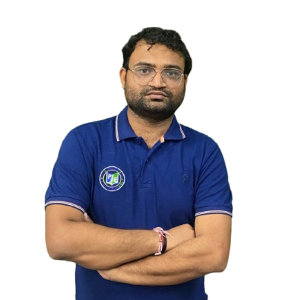For more than three decades, pratishtha has been the top choice when it comes to a GATE coaching centre. Of all the GATE coaching centres in bangalore,pratishtha has consistently held the title of the best GATE coaching centre. With multiple course options,pratishtha provides test preparation tailored to every student's needs. From scholarships for GATE coaching fees to expert faculty, pratishthaaims to help students at every step of their GATE journey.
For more than three decades, pratishtha has been the top choice when it comes to a GATE coaching centre. Of all the GATE coaching centres in bangalore , pratishtha has consistently held the title of the best GATE coaching centre. With multiple course options, pratishtha provides test preparation tailored to every student's needs. From scholarships for GATE coaching fees to expert faculty, pratishtha aims to help students at every step of their GATE journey.










